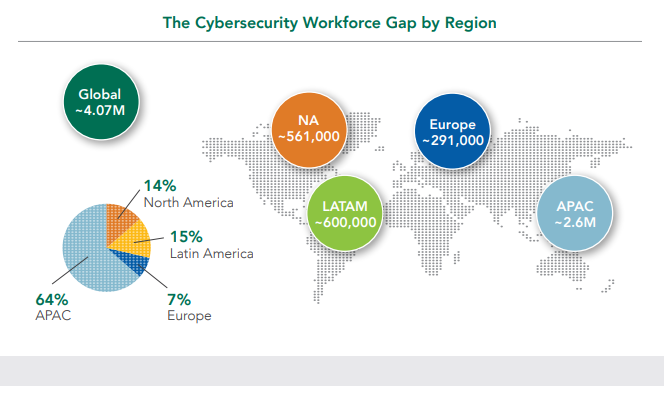
Online gaming has grown exponentially over the past decade, with millions of players engaging in immersive virtual worlds and multiplayer experiences. As the popularity of online gaming continues to soar, so does the need for robust cybersecurity measures to protect the players and the integrity of the games. In this article, we will explore the influence of cybersecurity measures in online gaming and why they are absolutely essential in the tech-driven gaming industry.
The Growing Threat Landscape
As technology advances, so do the threats posed by cybercriminals. Online gaming platforms and communities have become prime targets for hackers, who exploit vulnerabilities in software, servers, and user accounts. The consequences of successful cyberattacks range from personal data breaches and identity theft to financial losses and game manipulation.
Enhancing Player Trust and Confidence
Cybersecurity measures play a critical role in fostering a secure and trustworthy gaming environment. When players have confidence that their personal information, payment details, and gaming progress are safeguarded, they are more likely to engage in online gaming activities and invest in the industry. By implementing robust security protocols, gaming companies can strengthen player trust and enhance the overall gaming experience.
Protecting Player Accounts
One of the primary concerns in online gaming is protecting player accounts from unauthorized access. Cybersecurity measures such as strong password policies, two-factor authentication, and regular security updates can significantly reduce the risk of account breaches. Game developers and platform providers must also proactively monitor for suspicious activities and provide players with tools to report any suspected breaches. Timely action against compromised accounts helps maintain the integrity of the gaming environment.
Safeguarding In-Game Economies
Many online games have developed intricate in-game economies, where players trade virtual items, currencies, and assets. These virtual economies can be lucrative targets for cybercriminals seeking to exploit vulnerabilities and manipulate the game. Effective cybersecurity measures such as encryption, secure trading platforms, and fraud detection algorithms are essential to protect these economies and ensure fair gameplay.
Preventing Cheating and Game Manipulation
Cybersecurity measures not only protect player data but also maintain the integrity of the gaming experience. Cheating and game manipulation can ruin the fairness and competitiveness of online games. Implementing anti-cheat systems, detecting and punishing cheaters, and ensuring a level playing field for all players relies heavily on robust cybersecurity measures. This helps create a healthy and enjoyable environment for gamers of all skill levels.
Protecting Gaming Communities
Online gaming communities thrive on social interaction and collaboration. However, they can also be breeding grounds for cyberbullying, harassment, and other harmful activities. Cybersecurity measures extend beyond technical aspects; they also encompass the protection of players’ emotional well-being. Implementing strict community guidelines, AI-powered content moderation, and effective reporting mechanisms all contribute to creating a safe and inclusive gaming environment.
Conclusion
In conclusion, cybersecurity measures play a crucial role in online gaming. The growth of the industry and increasing technological capabilities also bring new challenges and threats. By incorporating robust security protocols, gaming companies can enhance player trust, safeguard player accounts, protect in-game economies, prevent cheating and game manipulation, and ensure the safety of gaming communities. As online gaming continues to evolve, it is imperative for the industry to prioritize cybersecurity to provide players with a secure and enjoyable gaming experience.


